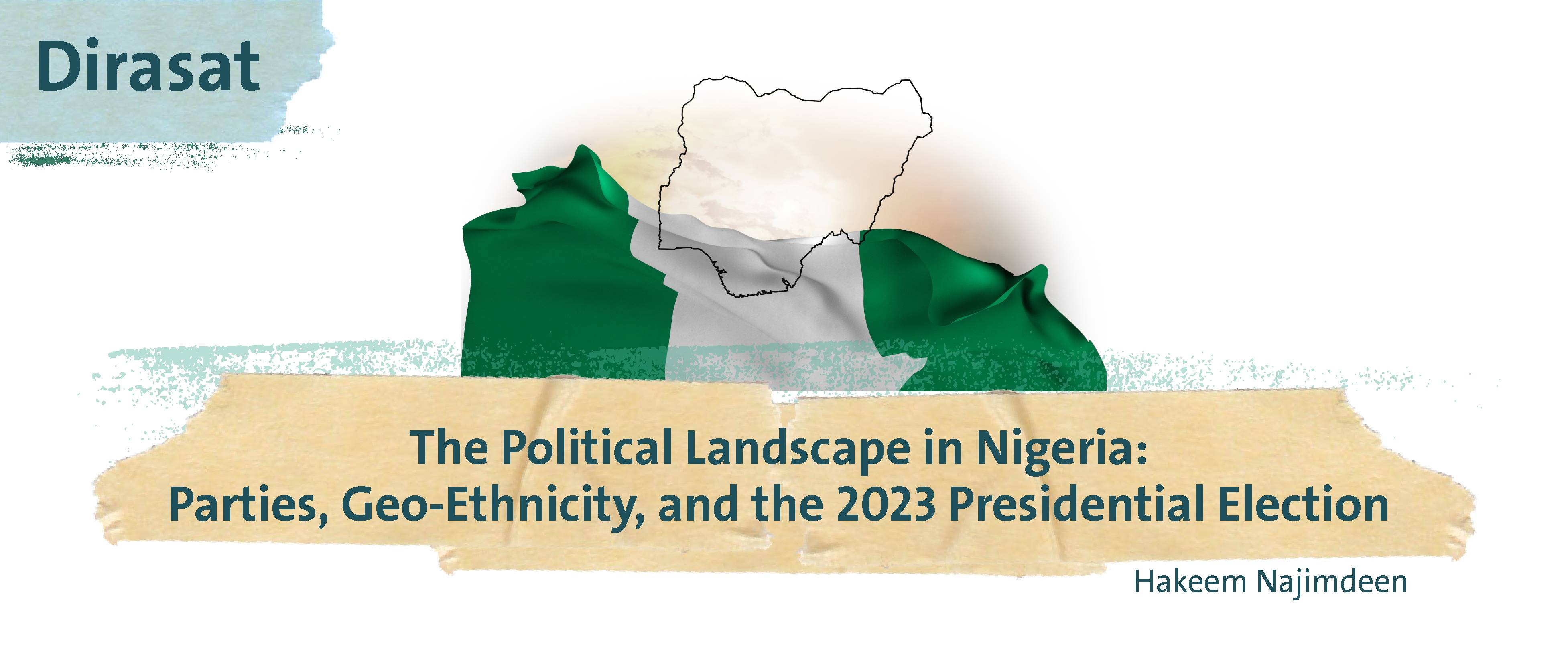Dirasat (KFCRIS Papers)
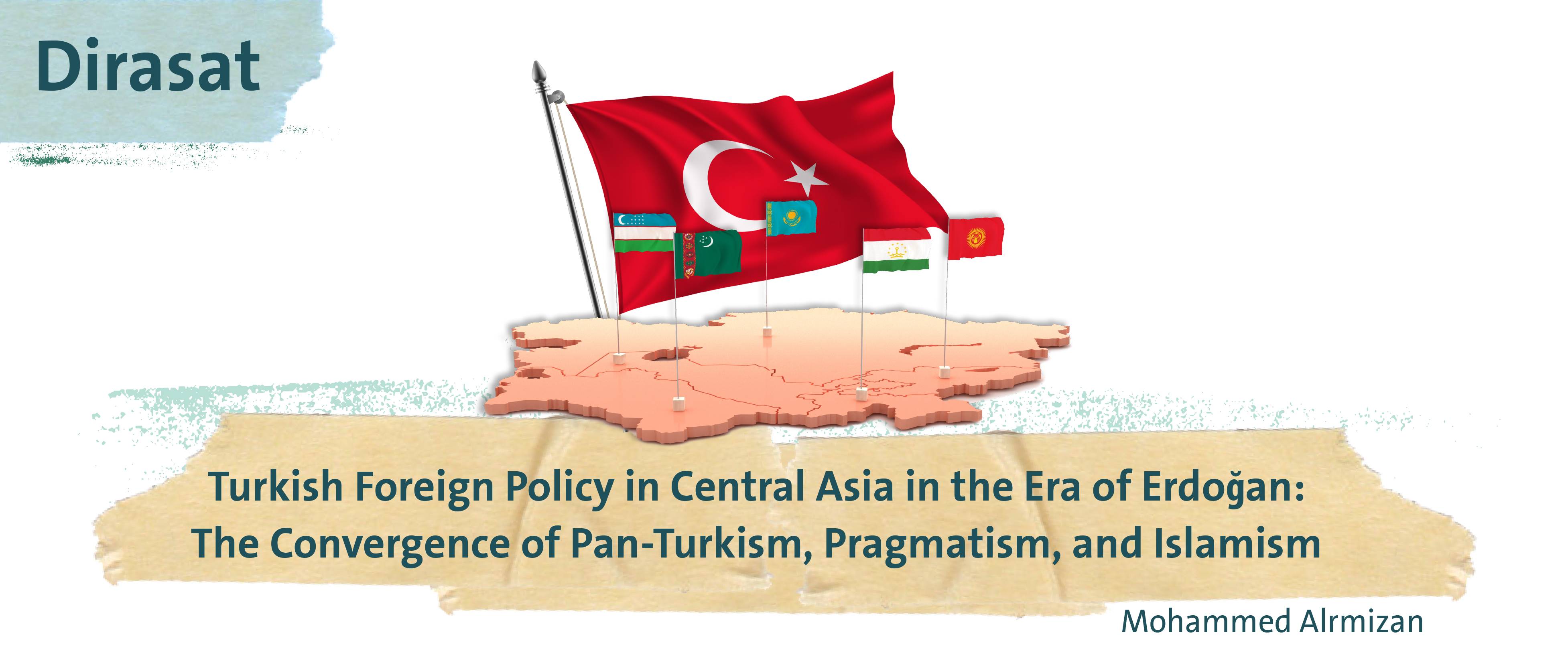
Number: 64
Author: Mohammed Alrmizan
The study explores the evolution of Turkish foreign policy toward Central Asia over the past three decades. It shows how Avrasyacılık (Eurasianism) and pan-Turkism initially informed Turkish state approaches to the region following the independence of the Central Asian Republics of Kazakhstan, Uzbekistan, Turkmenistan, Kyrgyzstan, and Tajikistan in the early 1990s. In the era of Erdoğan, Turkey first adopted pragmatism in the 2000s, but later underwent a course-correction in the 2010s that emphasized the development of political and military relations. As Turkey is not alone in Central Asia, the study also considers how its evolving footprint in the region was impacted by ext
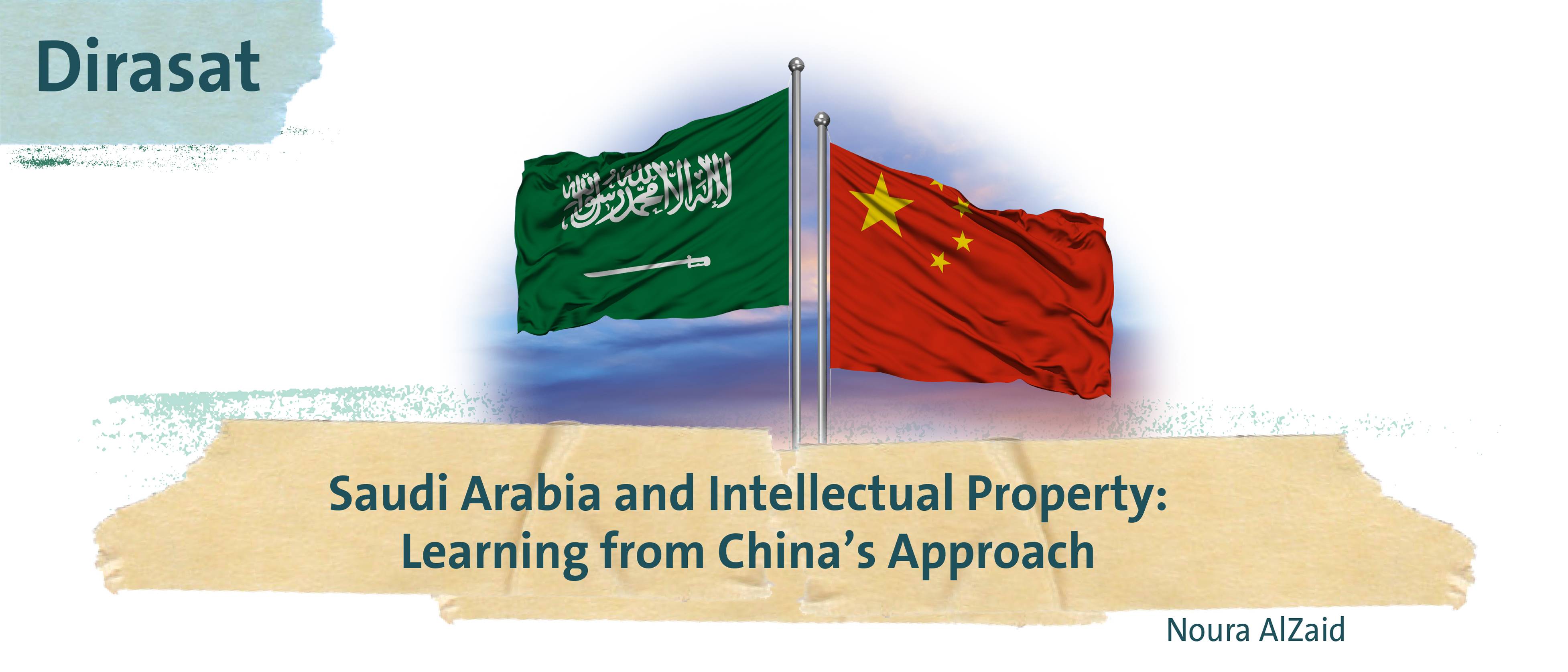
Number: 63
Author: Noura AlZaid
Saudi Arabia’s economic future is at a turning-point. As the country increases investment in innovation to stimulate growth in non-oil sectors, cultivating an effective innovation ecosystem is key. Intellectual property (IP) is a powerful tool for spurring innovation. The dominant narrative in mainstream IP discourse is that higher IP standards lead to greater innovation outputs. However, this study argues that weaker IP standards are appropriate at this stage of the country’s economic development because they allow for smoother technology transfer that is needed to build innovation capacity and bridge existing gaps. To demonstrate the non-exceptional character of an
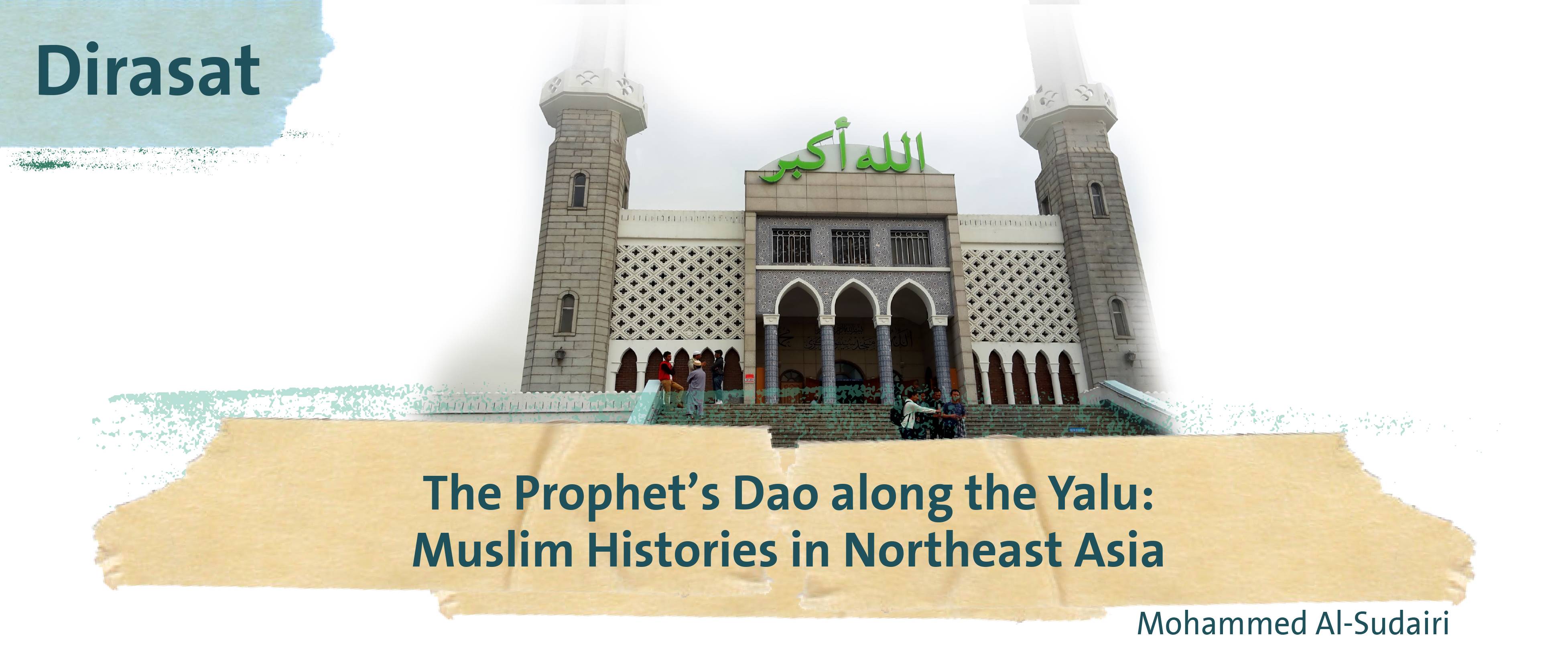
Number: 62
Author: Mohammed Al-Sudairi
The study reinscribes Northeast Asia onto our historical awareness of the global geographies of Muslimness. It highlights the dynamic and uninterrupted presence of Muslims in this part of the world since the thirteenth century, appearing recurrently as the upholders of (non-Muslim) dominus mundis and, more mundanely, as settlers, pilgrims, refugees, and prisoners of war. In sketching out a holistic narrative of the Muslim longue-durée in Northeast Asia, the paper argues in favor of the longstanding rootedness of Islam in the region. It also attempts to weave together the various micro-histories of Muslims in Northeast Asia into an integrated whole, provi
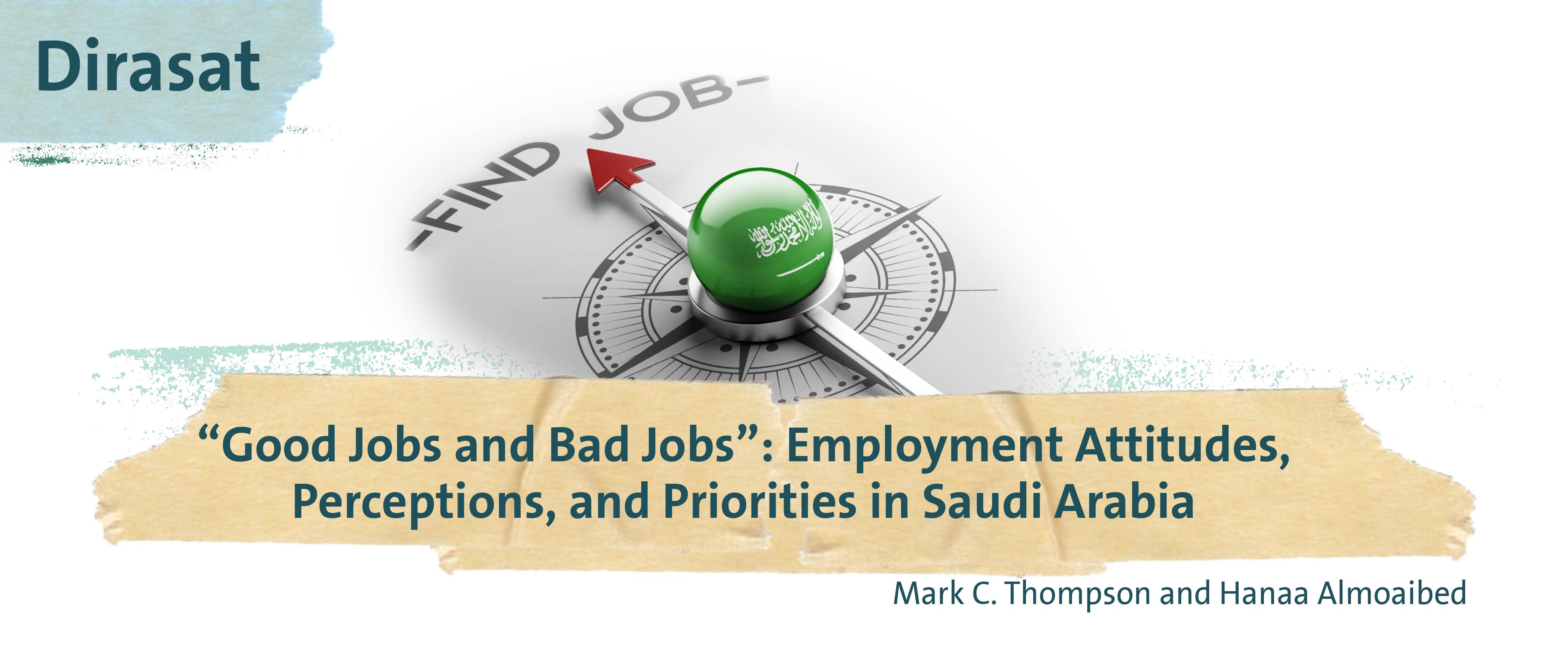
Number: 61
Author: Mark C. Thompson and Hanaa Almoaibed
Crown Prince Mohammed bin Salman addressed the contentious issue of (un)employment among Saudi nationals in an interview on 22nd April 2021, marking the fifth anniversary of the launch of Saudi Vision 2030. Highlighting the difference between “good jobs and bad jobs,” the Crown Prince defined a “good job” as one that provides basic needs, the ability to save, and the opportunity to lead a productive, healthy life. A good job, that is, a productive one, also mitigates the deadening impact of underemployment, an understudied phenomenon, especially in Saudi Arabia. Yet, the concept of what constitutes a good job is contested and evolving. For instance,
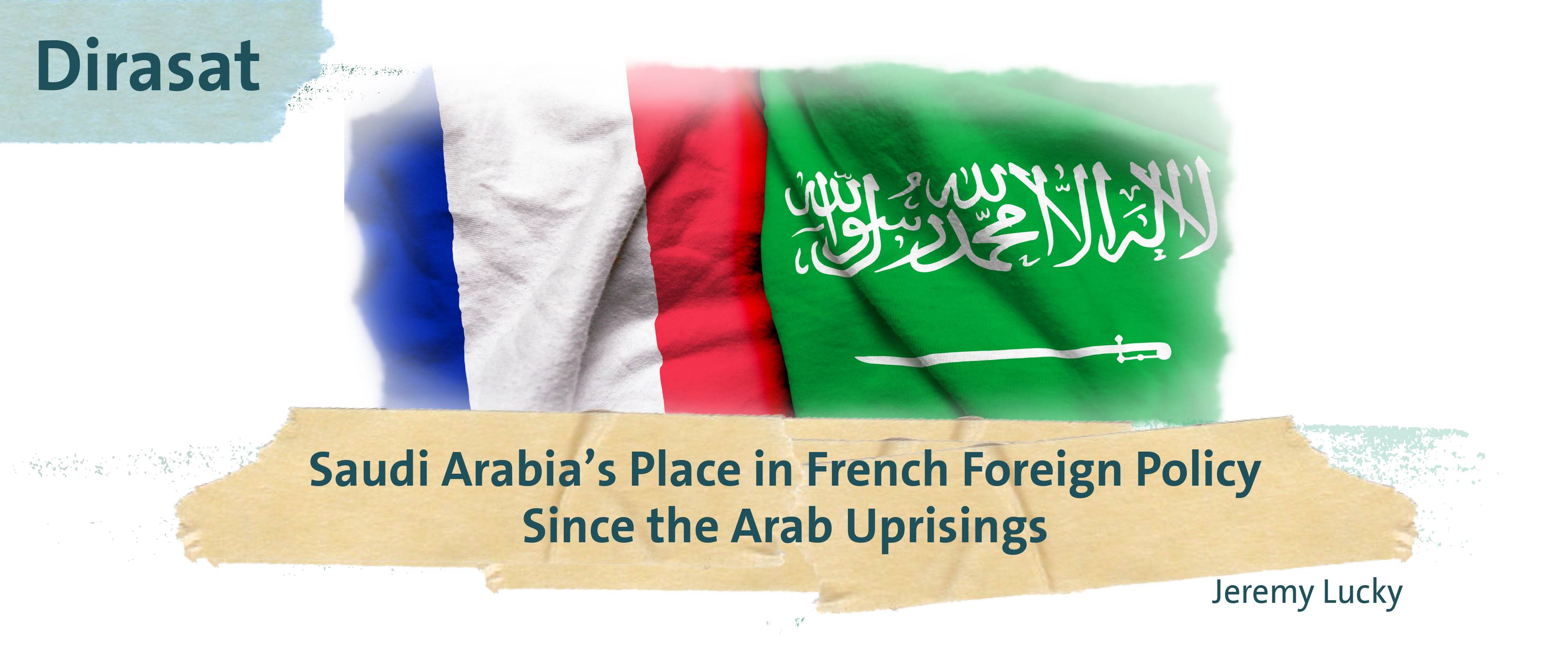
Number: 60
Author: Jeremy Lucky
Saudi Arabia has always been a significant diplomatic and trade partner for France in the Middle East. This study investigates why and how these relations were strengthened since the Arab Uprisings. Based on international relations theories and a sociological methodology, the research reveals that Saudi Arabia’s greater place in French foreign policy is driven by both an increased political convergence and economic interdependencies. These observations allow us to draw conclusions in order to reflect on the French strategy in Saudi Arabia and the Middle East. Policy recommendations encompass all aspects, such as pleading for a coherent European foreign policy, strengthenin
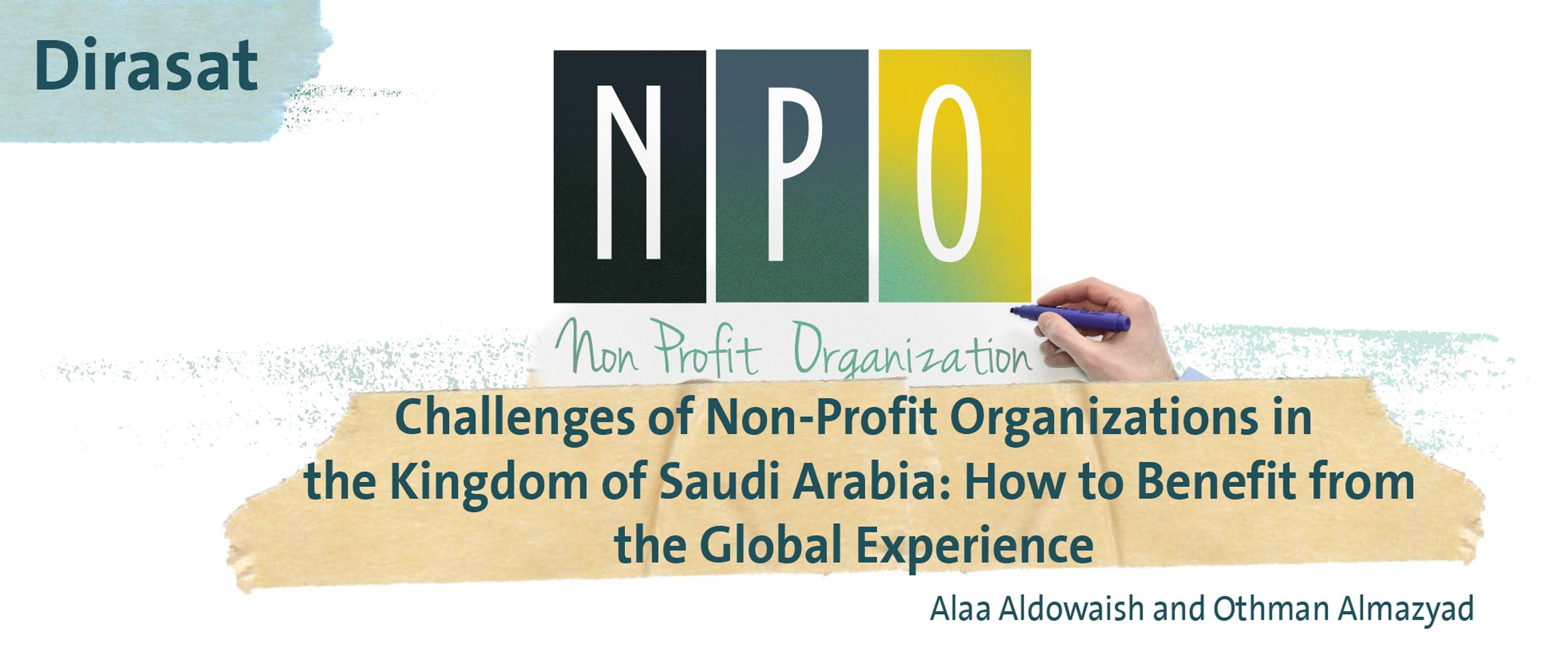
Number: 59
Author: Alaa Aldowaish and Othman Almazyad
This publication is available in Arabic only.
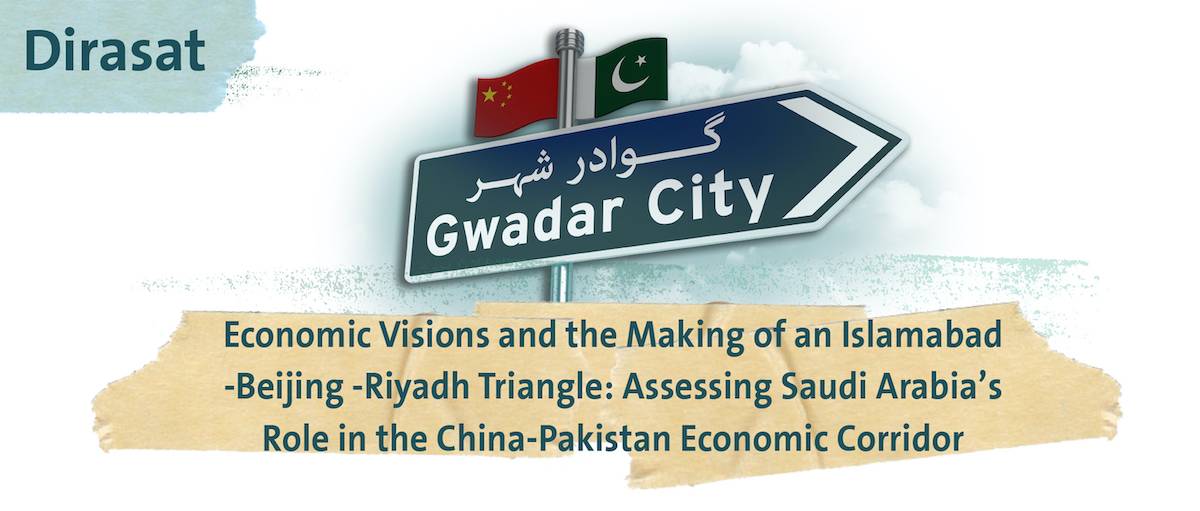
Number: 58
Author: Eram Ashraf
The study examines the opportunities and challenges that face a possible Saudi role in the China-Pakistan Economic Corridor (CPEC). It argues that while Saudi investments in Gwadar might be economically viable over the long-term, their real benefit lies in strengthening the Kingdom’s relationship with both China and Pakistan. Cooperation between the three states there has the potential to give rise to an Islamabad-Beijing-Riyadh triangle based on economic dynamics.
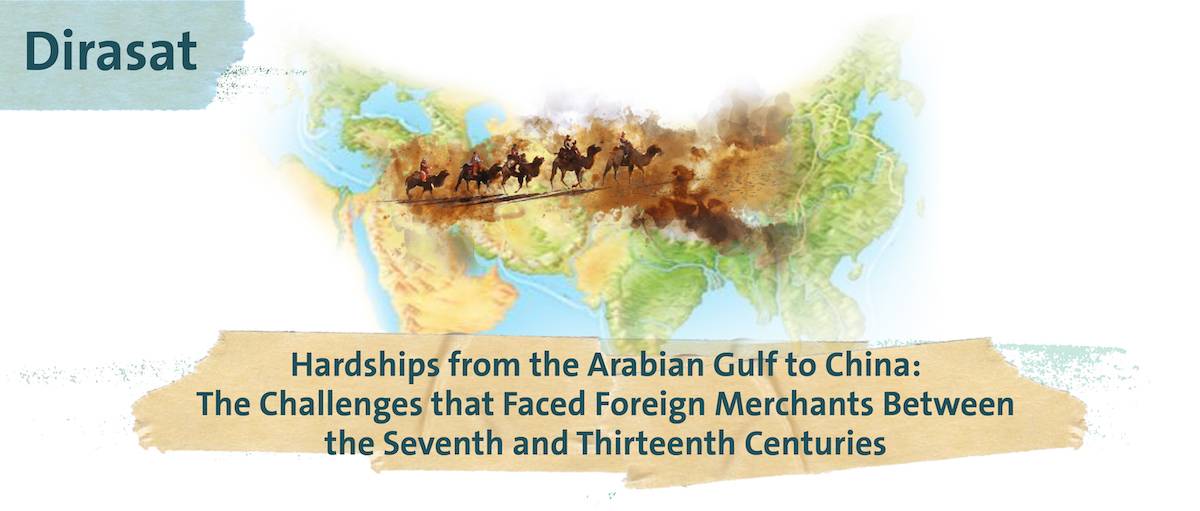
Number: 57
Author: Wan Lei
The article is a study of the hardships faced by foreign merchants from the Arabian Gulf who travelled to China between the seventh and the thirteenth centuries (coinciding with the Tang and Song dynasties). It highlights the stories of both well-known and more obscure foreign merchants by relying on accounts primarily drawn from classical Chinese historical documents and the foreign travel literature. The discussion is thematically divided into five sub-topics, each focusing on a particular hardship that merchants had to contend with: the dangers at sea; the troubles from warlords and pirates; imperial monopolies, duty-levies, and prohibitions; the corruption of Chinese officialdom; and
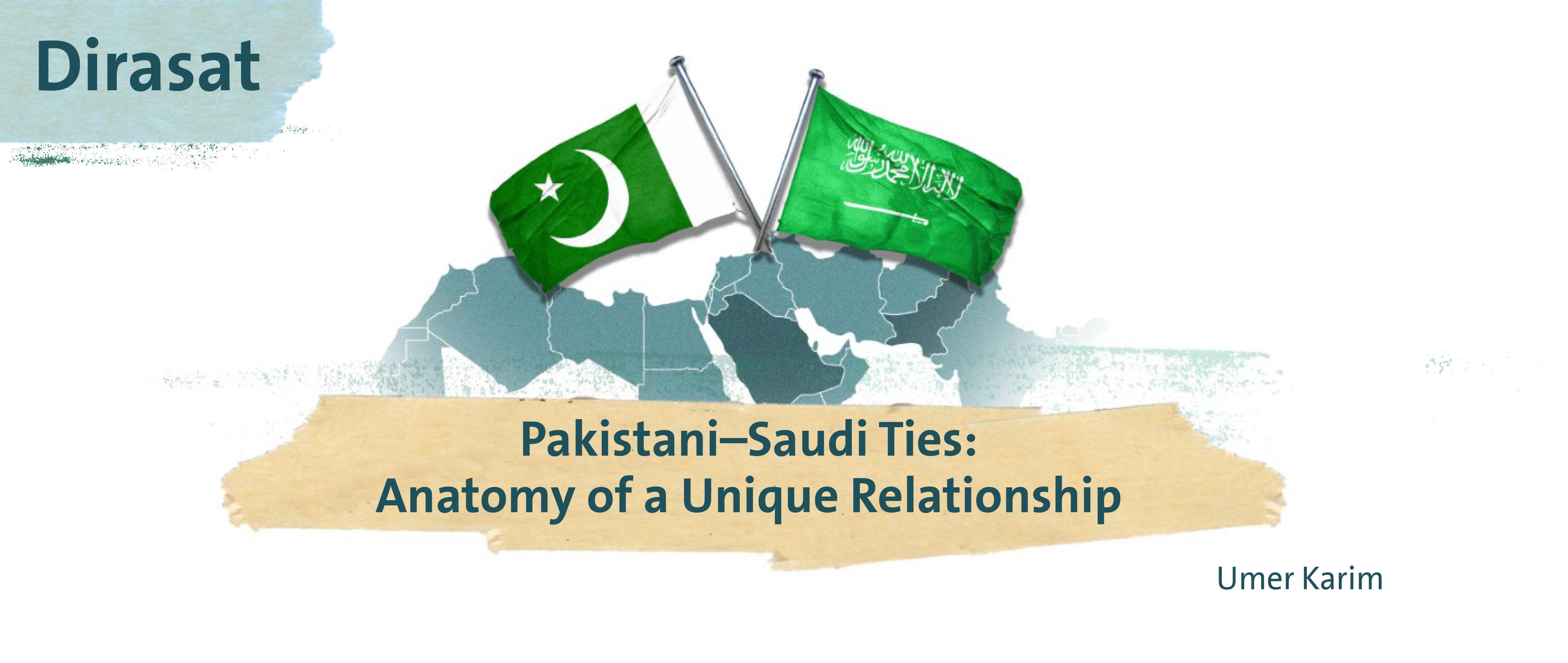
Number: 56
Author: Umer Karim
*This Dirasat was published on May 3, 2020 and was updated on September 25, 2022.
The primary purpose of this study is to dissect the nature of the Pakistani– Saudi relationship from an international relations perspective and shed light upon how their respective evolving strategic and security outlooks are shaping their bilateral relationship. This research attempts to highlight the critical domestic and regional variables that have impacted the nature of the bilateral relationship. The study further explains the political impact on bilateral ties of strong interpersonal ties between the political and security leaderships of both sides while also pointi

